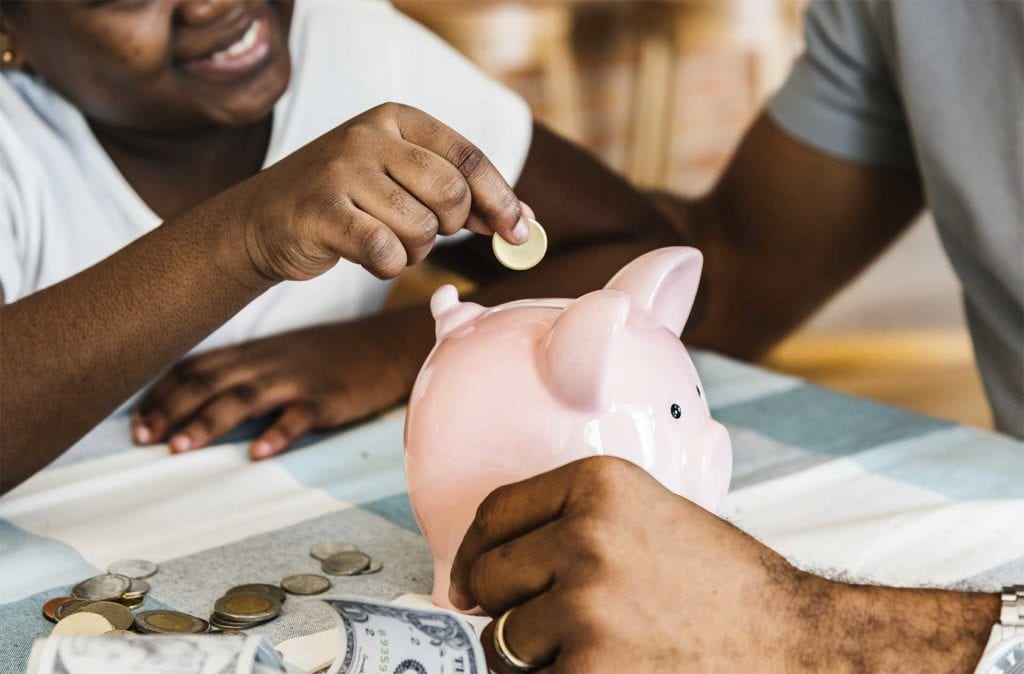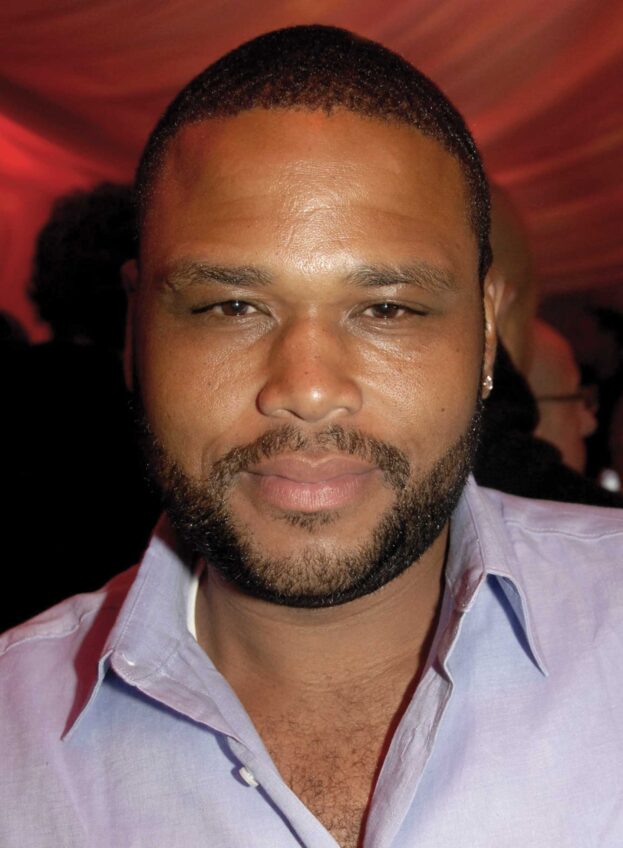
Multiple studies have shown that the earlier kids develop healthy money habits, the better our prospects of having strong financial health into adulthood.
According to research, we start grasping money basics when we are three. This gives us a great opportunity to introduce conversations about ways to save, think about spending, and the value of money early in our kids’ lives.
It used to be that children learned about money when shopping out with parents, but as more transactions happen digitally, they can lose touch and important learning moments may be harder to find. But the good news is that parents can now use a mobile phone to have conversations with their kids about the best ways to earn, save and spend money and encourage good habits.
My team at Chase is focused on creating tools and resources that support financial health. To help kids practice and learn how to earn, spend and save, we created Chase First Banking — an account that can help make financial education easy, fun and immersive. It helps parents to have real-time conversations around how much can kids get for allowances or chores, where they are approved to spend and how much, and how to set up savings goals right from the Chase Mobile app, and kids have access to their own debit card.
To create this account, we spoke to a lot of parents, children and experts about how we can help start healthy money conversations with kids and here are five tips to help you get started:
- Encourage them to save: When your child gets their allowance or receives birthday money, talk to them about the importance of setting some money aside for savings. The more you help them do it, the more you reinforce it as a habit that will help them develop a savers mentality.
- Involve your children on important family money decisions: When you are considering an important family purchase, engage your children and help them understand what goes into the decision. Be it a new house, or even a couch, refrigerator or car, what are important factors to consider? Your child can benefit from knowing how much you are comfortable spending, why you choose to shop at certain merchants, and how you compare prices and options.
- Shop online together: Online shopping has become increasingly popular in 2020 with social distancing. Involve your children in these transactions by shopping with them. Ask them to help you find better deals and to add up totals in your cart before paying. After you’ve made your decision on what to purchase, help them understand that digital purchases still need to be paid with real money from their bank account.
- Take them to the bank: A lot can be learned during a branch visit, including how to withdraw and deposit money or checks, how to use ATMs safely, and how to talk about setting up financial goals.
- Talk about money values: Kids can learn a lot from knowing it’s ok to talk about money, so it’s smart to talk openly about the things you too have learned. What was the first big purchase you made on your own? How did you get that first paycheck? What was your favorite treat to buy as a kid? Who first talked to you about money? Do you remember opening your first account?
While most children understand that money doesn’t grow on trees, it is still important that they see and experience how to shop for the things that they want and how to make smarter financial decisions. By starting to have money conversations early you’ll help them develop good habits that will last a lifetime. You’ll be surprised what you may learn from them and how quickly they’ll catch on.







